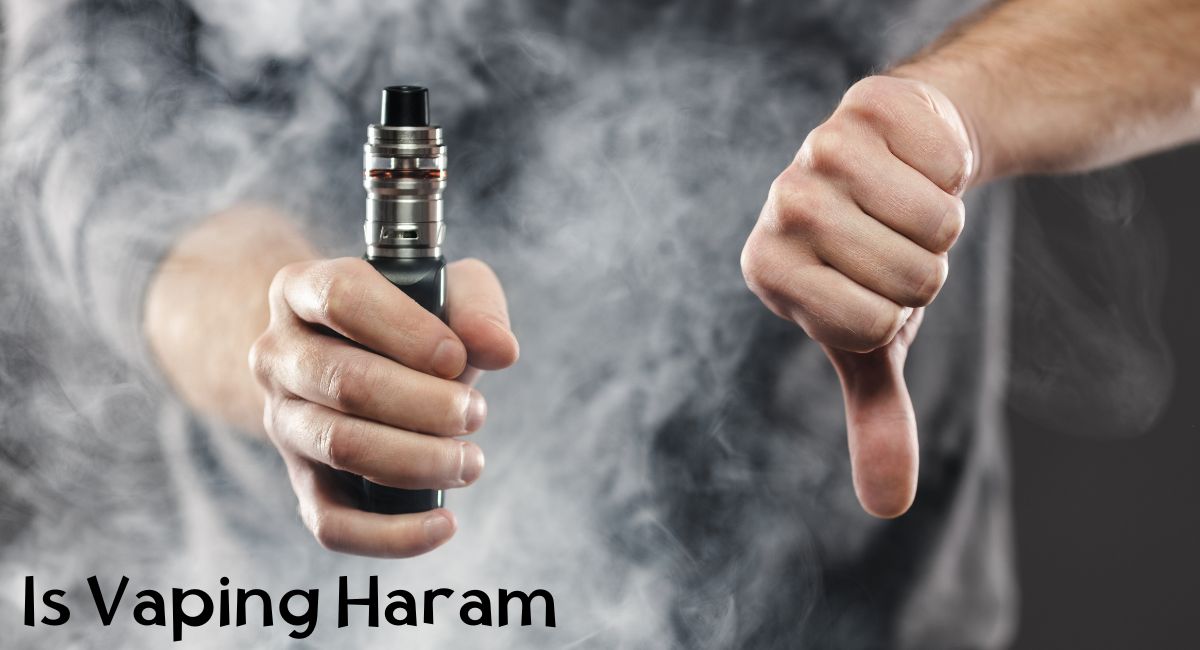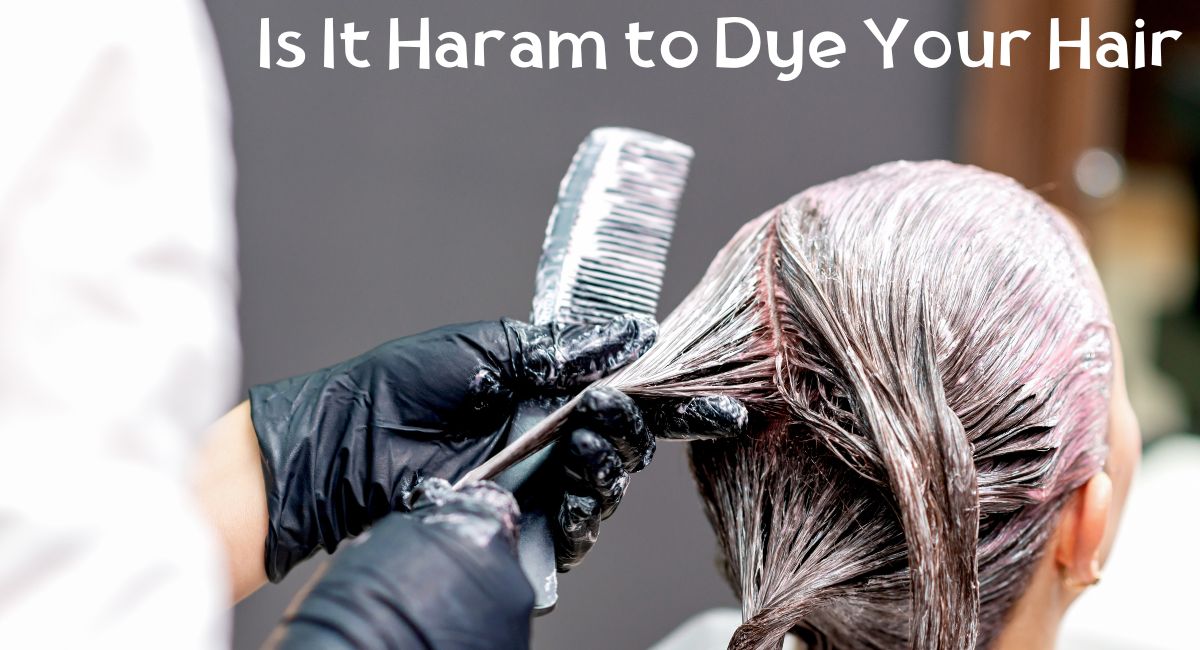Vaping, or the use of electronic cigarettes, has become increasingly popular in recent years. However, there is an open debate within the Muslim community about whether vaping is permitted (halal) or prohibited (haram) according to Islamic law. While vaping does not involve tobacco – which is clearly banned in Islam – it does contain nicotine.
Additionally, the long-term health effects of vaping remain uncertain. As such, Islamic scholars differ in their assessment of the permissibility of vaping. Some argue that it should be avoided entirely given the current uncertainties, while others believe it is not explicitly banned and thus should be allowed.
This article will analyze the evidence and arguments on both sides of this debate about whether vaping qualifies as haram. Key considerations include the goal of preserving health and the lack of a definitive ruling on new technologies not directly addressed in the Quran or hadiths (sayings of the Prophet Muhammad).
Key Takeaways
- Vaping is the act of inhaling and exhaling aerosol produced by an electronic cigarette (e-cigarette) or similar device. It typically contains nicotine, flavorings, and other chemicals.
- Islamic scholars have differing opinions on whether vaping is halal (permissible) or haram.
- Some argue that it should be avoided entirely due to the uncertainties surrounding its long-term health effects.
- Others believe it is not explicitly banned in Islamic scriptures and thus allowed.
- From an Islamic perspective, the principles of preserving health and avoiding harm are essential.
- The Quran emphasizes the importance of taking care of one’s body and spending wealth in good deeds, including caring for one’s health.
- A hadith states that Muslims should not cause harm or reciprocate harm, which can be applied to the potential harm caused by vaping products.
- Many scholars and Islamic legal bodies have ruled that vaping is haram based on this principle and the overarching Islamic principle of protecting life and health.
- Several Islamic authorities, including the National Fatwa Council of Malaysia and the Muhammadiyah in Indonesia, have issued fatwas declaring vaping as haram due to its harmful effects on health.
- Some fatwas allow vaping under certain conditions, such as if it does not contain harmful substances or nicotine.
- Vaping is generally considered haram during Ramadan as it is believed to break the fast due to the ingestion of nicotine.
- Selling vaping products, especially those containing nicotine, is generally considered haram according to Islamic law.
What is Vaping
Vaping is the act of inhaling and exhaling aerosol, often referred to as vapor, produced by an electronic cigarette (e-cigarette) or similar device. E-cigarettes are battery-powered devices that heat a liquid solution, known as e-liquid or vape juice, to create an aerosol that the user inhales. This aerosol typically contains nicotine, flavorings, and other chemicals.
Here’s a brief overview of the components and process involved in vaping:
- E-cigarette or Vape Device: This is the handheld device used for vaping. It usually consists of a battery, a heating element (atomizer or coil), and a reservoir (tank or cartridge) for the e-liquid.
- E-Liquid: E-liquid is a solution that contains various ingredients, including nicotine, propylene glycol (PG), vegetable glycerin (VG), and flavorings. Nicotine is the addictive substance found in traditional tobacco products, and it’s optional in e-liquids. PG and VG are used as carrier fluids to create the aerosol when heated, and flavorings provide the desired taste and aroma.
- Heating Element: When the user activates the e-cigarette by inhaling or pressing a button, the heating element heats up, vaporizing the e-liquid into an aerosol.
- Inhalation: Users inhale the aerosol, which is often referred to as “vapor.” It is then exhaled, resembling the act of smoking.
Vaping has gained popularity as an alternative to traditional cigarette smoking, and some people use it as a smoking cessation aid to reduce their nicotine intake. However, it is not without health risks.
While vaping is generally considered less harmful than smoking traditional cigarettes, it is not completely safe. There are concerns about the potential long-term health effects of inhaling the chemicals present in e-liquids, as well as the risks associated with nicotine addiction, especially among youth.
It’s important to note that regulations and public opinion regarding vaping vary by region, and laws governing the sale and use of e-cigarettes may differ from one place to another. Many health organizations advise caution when it comes to vaping, particularly for non-smokers and youth.
Is Vaping Haram
The Islamic perspective on vaping, particularly the use of e-cigarettes, electric shisha, or shisha pens, is largely considered to be haram (forbidden) according to the majority of Islamic scholars. This view is based on the harmful effects of vaping, which often includes substances like nicotine and THC that are detrimental to health.
From a Quranic perspective, the principles of preserving health and avoiding harm are paramount. The Quran emphasizes the importance of taking care of one’s body as a trust from Allah.
Surah Al-Baqarah (2:195) states, “And spend in the way of Allah and do not throw [yourselves] with your [own] hands into destruction [and do not make yourselves wretched by refusing to give out of stinginess], and do good; indeed, Allah loves the doers of good.”
This verse encourages Muslims to spend their wealth in good deeds, including caring for their own health and well-being. Spending on nutritious food, proper clothing, and necessary medical care is considered a form of spending in the way of Allah and demonstrates gratitude for the blessings of health.
Hadiths about Vaping
A hadith frequently mentioned with respect to vaping is based on the general Islamic teaching that anything that causes harm to Muslims is considered haram.
Narrated Abu Sa’id al-Khudri:
“The Messenger of Allah said: ‘There should be neither harming (darar) nor reciprocating harm (dirar).’ [Sahih Bukhari 2440, Sahih Muslim 1502]”
This hadith establishes the Islamic principle of “la darar wa la dirar,” which means “no harm and no reciprocation of harm.” It prohibits Muslims from causing harm to others, either physically, emotionally, or financially. This principle applies to all aspects of life, including personal interactions, business transactions, and social conduct.
In the context of vaping, the principle of “la darar wa la dirar” can be applied by considering the potential harm caused by vaping products. Nicotine, a common ingredient in vape liquids, is highly addictive and can have negative health effects, including increased heart rate and blood pressure, lung damage, and addiction.
Additionally, some vaping products contain THC, the psychoactive compound in cannabis, which can also have negative health impacts.
Given the potential harm caused by vaping, many scholars and Islamic legal bodies have ruled that it is haram. This is based on the principle of “la darar wa la dirar” and the overarching Islamic principle of protecting life and health.
Fatwas on Vaping
Several Islamic authorities have issued fatwas (religious decrees) regarding the practice of vaping. These fatwas range from declaring vaping completely haram (forbidden) to allowing it under certain conditions.
Fatwas declaring vaping haram:
- Malaysia: The National Fatwa Council of Malaysia declared vaping haram in 2015, citing its harmful effects on health.
- Indonesia: The Muhammadiyah, the second largest Muslim organization in Indonesia, issued a fatwa against vaping in 2020, equating it to smoking conventional cigarettes and stating it is harmful to health.
- Kuwait: The Ministry of Awqaf and Islamic Affairs in Kuwait declared vaping haram in 2018, citing its negative impact on health and public morals.
- United Arab Emirates: The UAE’s Fatwa Council declared vaping haram in 2019, stating it is addictive and harmful to health.
Fatwas allowing vaping with conditions:
- Egypt: The Dar al-Ifta al-Misriyyah, Egypt’s highest Islamic authority, stated in 2016 that vaping is permissible if it does not contain harmful substances and is not harmful to health. However, they advised against it due to the potential for addiction and the lack of conclusive studies on its long-term health effects.
- Jordan: The Jordanian Fatwa Council issued a fatwa in 2018 stating that vaping is permissible if it does not contain nicotine and is not harmful to health. However, they advised against it due to the lack of long-term studies on its safety.
Reasons cited in Fatwas for declaring vaping haram:
- Harm to health: The main reason why vaping is considered haram is because it is harmful to health. Scientific studies have shown that vaping can cause various health problems, including lung damage, heart disease, and cancer.
- Addiction: Vaping is addictive due to the presence of nicotine in most e-cigarettes. This addiction can lead to dependence and make it difficult to quit.
- Waste of money: Vaping can be expensive, as users need to purchase e-cigarettes, vaping devices, and e-liquids on a regular basis. This is considered a waste of money that could be spent on more beneficial things.
- Social harm: Vaping can normalize smoking, which is also considered haram. It can also lead to addiction and other health problems among young people.






